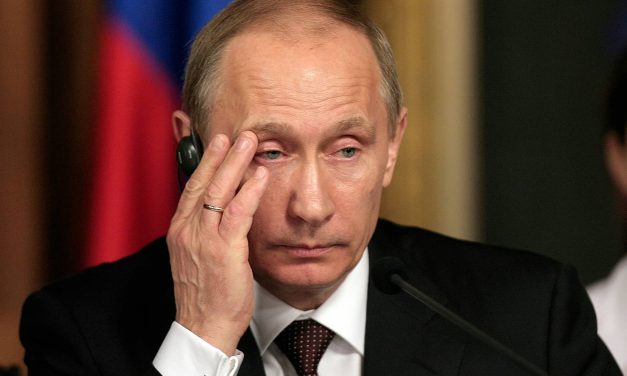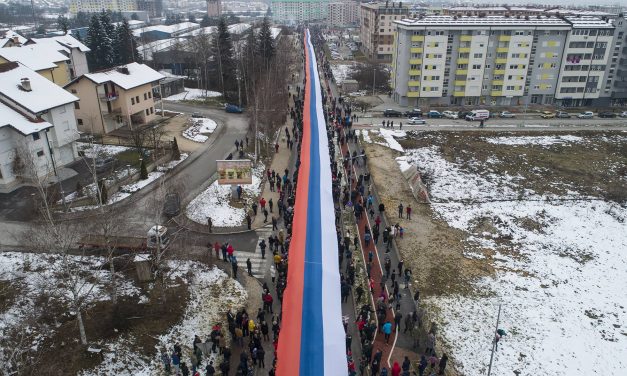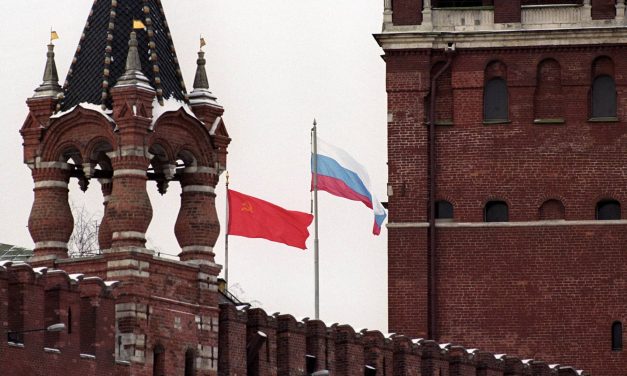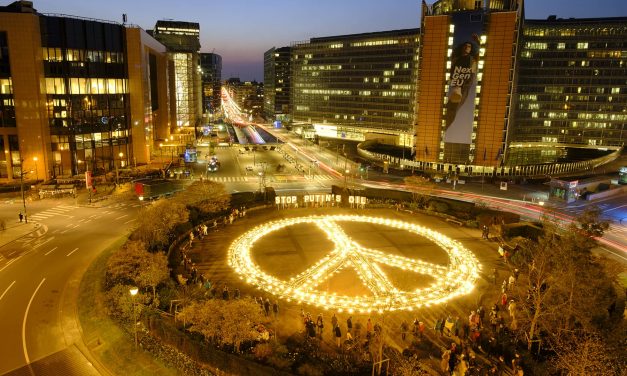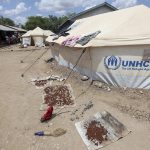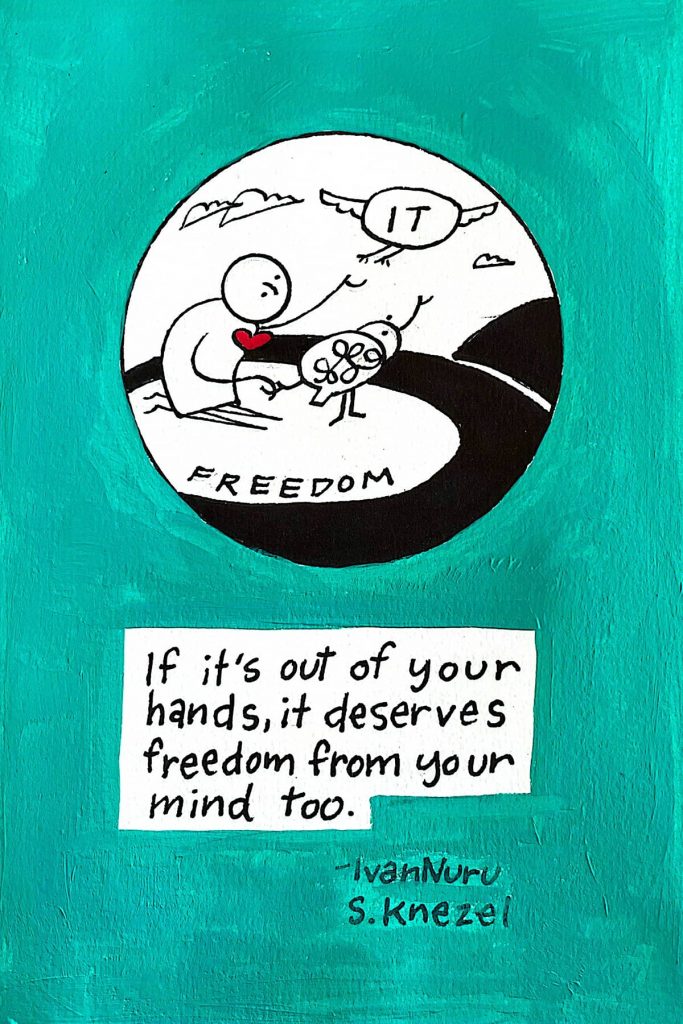Putin’s imperialist aspirations: How Ukraine went from being ignored by America to a vital national interest
By Alexander Motyl, Professor of Political Science, Rutgers University – Newark President Joe Biden and NATO allies in Europe are trying to help Ukraine fight off Russian aggression, but not so much that Russia will retaliate militarily against them. These leaders’ deliberations and calibrations are all taking place against a fundamental background question: Is Ukraine a vital interest to my country? The answer to that question, what is a vital interest, has guided the formation of Western foreign policy for generations now. It is a commonly held belief among political analysts that countries should prioritize and defend what are...
Read More
